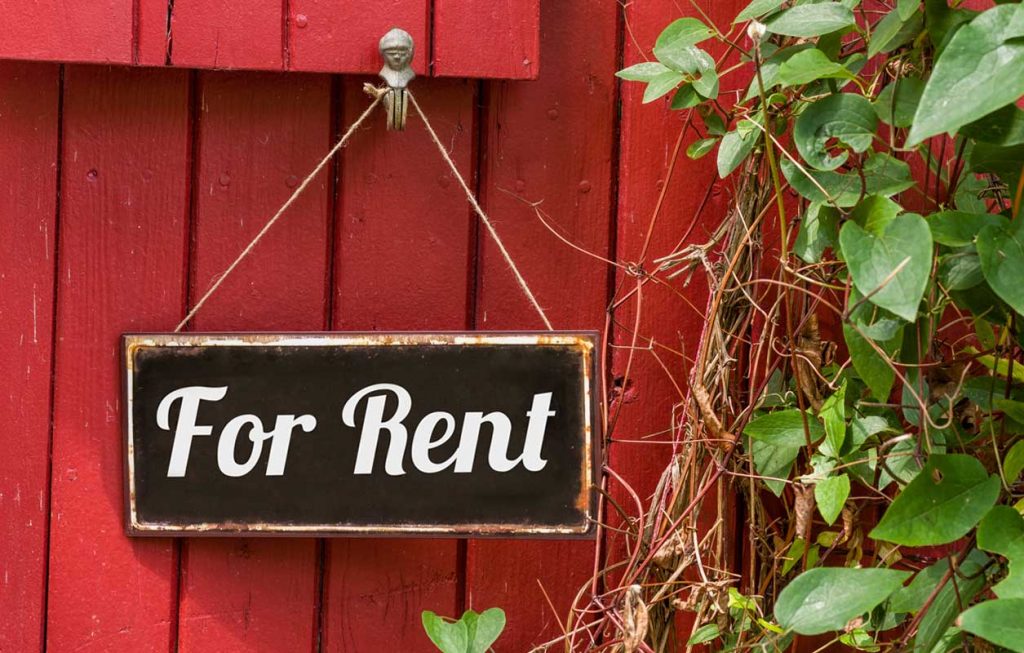Following the UK’s withdrawal from the EU, moving to Portugal from the UK is more challenging. There is a process and there is a criterion. The list of criteria isn’t long, so it should be trouble-free.
Easy. Simple. Famous last words.
Reading and hearing other people’s stories regarding applying for the D7, some people experience a trouble-free application. Others, no end of problems. To regular readers, it’s not going to come as a surprise that my approach is to be well planned.
Several requirements should, for me, be straightforward. I’ve already got my NIF number, Portuguese bank account (with sufficient funds in) and items such as my passport, bank statements, and medical insurance are readily available. Those which need greater attention are the Criminal Records Check, proof of passive income and residential address in Portugal.

Firstly, and for reassurance, I have nothing on my criminal record. I get regularly checked for work and volunteer roles so know my record is clean. However, there is a set period that the proof needs to be obtained before application. Scheduling will be important.
Secondly, I believe I have sufficient passive income. Collating all the proof and evidence is needs some attention.
My biggest challenge is having a residential address in Portugal. And I am definitely not alone in that challenge.
The criteria of a residential address in Portgual has previously had an element of discretion. Recent applicants have though, needed to provide evidence of a residential address for a minimum of a year.
I support this approach as this demonstrates a real commitment to moving to Portugal. As I have progressed my plans, I’ve worked on the basis that doing things early is the best course of action. For example, I would’ve had my NIF and bank account for more than a year before I move to Portugal.
Back to the residential address though. There are three ways of providing sufficient evidence for the residential address in Portugal. Buy a property, rent a property or have a host sponsor. None are easy.
The host sponsor isn’t an option for me. While I have an increasing network of people living in Portugal, the practicalities and responsibilities for the host is not something I wish to ask someone to undertake for me. Stubbornly independent.
Therefore, this presents two options. To buy or rent.
Rental property in Portugal
Unlike the UK, the rental property market in Portugal is limited. Outside the major cities, there are few rental properties. Many rentals are short-term and centred around tourism. Airbnb rentals are growing, but don’t usually meet the visa requirements.
While several of the property websites have rental properties, they are limited in supply. And what appears to be available are at opposite ends of the market. Expensive and exclusive, or cheap and cheerful. The latter being considerably less than desirable.

There is though, a reasonably buoyant community on Facebook seeking rental properties, and landlords offering properties.
It is understood that one reason for the lack of rental property is the need to register the rental agreement with the Finanças. Add to the legal costs to prepare the contract and the taxation that needs to be paid, renting out a property soon becomes rather cumbersome.
From a D7 visa perspective, you need to prove you have a legitimate rental agreement, registered with the Finanças. And it needs to be for a year, the duration of the first Visa.
Going this route, I need a rental contract to get my D7 visa. Essentially, I will need to sign a rental contract with no assurance that I will be granted a visa. This could mean committing to a 15-month rental contract covering the three months from applying for my visa before leaving the UK plus the year-long rental agreement, just to satisfy the visa criteria.
That in itself is a dilemma. And it could prove to be costly. But an essential one to secure a visa.
Is buying the bigger gamble?
My other option is to buy a property before I apply for my visa. This feels higher risk than renting. A potentially more costly route should the visa not be granted.
However, I believe that making the commitment to buy a property in Portugal before applying for a visa is a real statement of intent. While there is no evidence to suggest that people who have already bought a property in Portugal are more likely to be granted a visa, I err on the side of greater probability.
Buying a property in Portugal with only one scouting visit completed and on the basis that it will help with securing my visa, quite simply sounds like a crazy idea. Ok, let’s add brave, speculative, mad or courageous to the list. Maybe also irresponsible and a massive gamble.

It’s a massive dilemma. And there is no simple answer. There are pros and cons to both options. Either way, it is a significant commitment. A long-term rental agreement or a property I can’t live in full-time.
And I’m going to admit, it’s giving me a few sleepless nights. But I’ll find a solution. It’s challenging, but others have done it before me, others will do it after me. After all, no adventure is going to be easy.
Over the next couple of months, I will continue with the various enquiries I am undertaking to get a better understanding of the options available to me and how they may support my D7 visa application. But I’m going to be limited in my options until I get back over to Portugal for my second scouting trip.
Let the planning commence!
As always, if you’ve got this far, thank you. I am humbled and grateful for you taking the time to read.
Obrigado por ler.
Felicidades.
Marc
Keep in touch
If you’re enjoying my blog, please do add a reply below or simply click on a logo to share it on social media. Thanks, Marc

Hi Marc, we’re in much the same position and are going out to Portugal in July this year, I guess if it was easy everyone would do it?
Hi Christian, thanks for your comment and I agree that if it were easy, many more people would be heading off to Portugal. I fully support the Portuguese having the criteria to ensure that people are serious and committed to moving.
I hope it goes well for you in July. Is that an orientation visit?
Thank you again for your comment. Marc
Dear Marc,
Does buying a second property (e.g. buying one to live in, one to rent for income)
in Portugal and renting out one count as the Passive income needed to apply for a D7 or does the income have to be earned from outside Portugal?
Olà Caz,
I believe you can have passive income from rental property in Portugal although I would recommend you contacting a visa specialist to clarify.
I am only able to share my personal experience, which can’t be taken as advice or an authorative answer.
Try EI (https://eimigrante.pt/en/) who are a specialist immigration company as they will be able to give you the definitive answer.
Hope this helps.
Thank you for the link, I’ll take a look into it there and let you know what I find out incase it helps someone else. Really appreciated and here’s hoping! : )